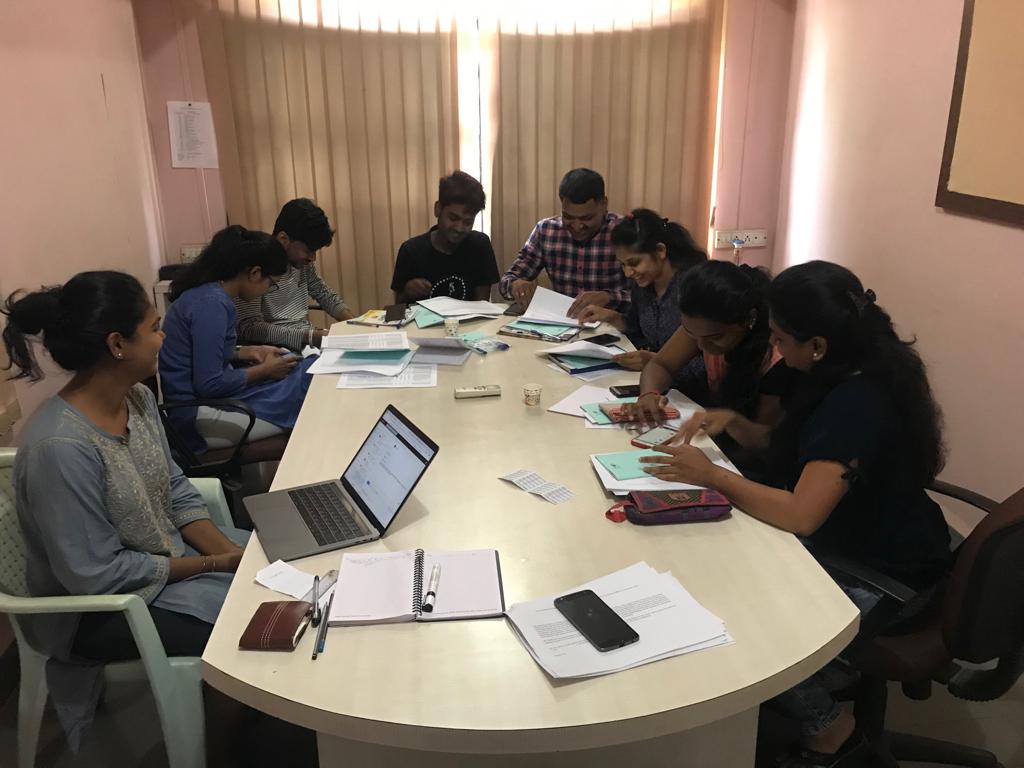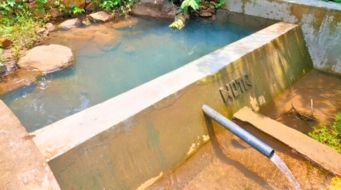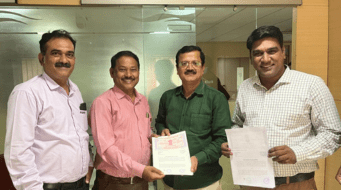By Nikhil Nikam
In the last 20 years, the lifestyles of people the world over have been transformed with the widespread adoption of smartphones. From food to transport to the latest news, from e-commerce to healthcare, smartphones are now an indispensable tool of modern life. We are, in fact, dependent on our phones for a wide variety of services. In this blog, we take a look at how smartphones are changing the process of collecting and managing data.
Conventional method of data collection
The conventional method of collecting data has many impediments including the high cost and time required for the process. It involves a wide range of activities like questionnaire preparation and printing, food, accommodation, training and payouts of field enumerators, data monitoring, data entry, and data cleaning.
A major issue faced by researchers during the process of manual data collection is errors in data entry. While making entries, most of the time, a person has to deal with incomprehensible handwriting, leading to misinterpretation and misrepresentation. Despite all the missing data fields, incomplete sentences, omitted numbers, additional information and also the data which makes no sense, operators are compelled to feed all the data, thus creating errors and discrepancies.
For the last 10 years or so, WOTR has been aware of these problems in the process of data collection. This is why in 2013-14, WOTR first explored developing a tech-based tool for data collection. In the same year, an android based application was developed and used to collect data for baseline studies in the Modwa and Badundiya villages of Rajasthan. However, the application was abandoned after being used a couple of times, despite the attempts being fairly successful. The main reason was that the application was very rigid and could not easily be adapted to different states and regions.
Last year, in June 2018, we got to know about ODK (Open Data Kit) and put it into operation in July with an in-house sample survey. Open Data Kit is an open-source software-based tool for data collection developed by coders around the globe. I enumerate below some features of ODK, which make it a convenient tool for researchers.

Features of ODK in data collection:
– Easy creation of forms: The questionnaires (forms) which are to be ultimately fed into ODK are first created using Microsoft Excel. Even with no knowledge of coding, one can still create and make changes in the forms after watching some basic tutorials on YouTube.
Data transfer and security: Data collected using ODK is safe and cannot be accessed freely by any other person unless he/she has login credentials to the server. Devices on which data is being collected need an active internet connection only at the time of downloading and uploading the forms; the process of data collection is carried out even when the devices are offline. Instant monitoring of that little data helps in checking data quality, patterns and the outliers in it.
–Geotagging: The advantage of geotagging is that one can monitor when and where the forms were filled up, and how much time it took for the same, thus ensuring that manipulation doesn’t take place. The monitoring team can also see if the data collectors have split themselves in such a way that they can collect information from different communities living in different areas, instead of collecting information from one corner of the village.
– Reducing human error in date and time recording: The time function helps us know the precise start and end time of the interview, which can also help us determine whether any of the data collectors are not conducting interviews properly, forging answers or are finishing it quicker than the average time required.
– Quality checks and skips: The forms can be designed in a way such that specific questions can’t be skipped. Hence, the next question will not be displayed and the investigator will not be able to proceed with the questionnaire unless he fills up the question that can’t be skipped. Also, further questions also depend on previous responses. For example, if a household does not own livestock then the question related to milk or fodder production will not be displayed.

WOTR has been using ODK tools and services for the last year and the results are encouraging. In the last one year, we have collected samples from 10,883 households for 27 different research studies using ODK. Using ODK has saved us around 1,417 hours of the data entry work which is equivalent to 350 man-days. The cost required for data entry for all the studies is approximately equal to Rs. 10,49,688, all of which was saved. For the data cleaning process for all the studies, 213 man-days, worth Rs. 6,39,000 was the total amount saved.
In a nutshell, we can say that WOTR has saved a very large amount of paper, time, energy, effort and costs through the use of ODK. WOTR has virtually stopped paper-based questionnaires, except in very rare cases. As of now, there are 60-70 people in WOTR, including the field staff, IT team and researchers, who know how to use this tool. It has currently been adopted in 27 projects as of now.





